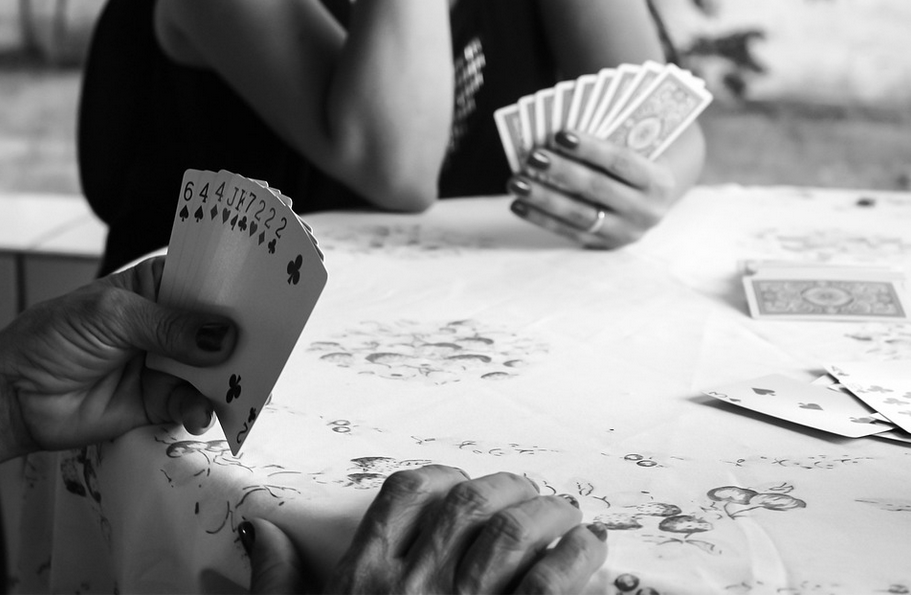There are many strategies and moves involved in poker. You can learn more here. But the most debated one is bluffing. Though it’s classic and a bit cliché, bluffing is an indispensable part of poker. The key to successful bluffing lies in knowing when and how to do it. Thinking about the psychology of your opponent is important, as well. But bluffing isn’t something that can be learned overnight. Here are some valuable tips to help you become an expert bluffer.
Brush Up Your Skills and Knowledge About Psychology
Before you start bluffing, it’s important to brush up on your skills and knowledge. You want to know the odds of winning, what kinds of hands an opponent might have, and how they’re likely to act in various situations. It’s also important to arm yourself with some knowledge of psychology so that you can read people better. Knowing how to interpret their reactions, body language, and verbal cues can give you an edge over other players.
Pick Your Opponent Wisely
Speaking of psychology, another important part of successful bluffing is picking the right opponent. You want to choose someone who won’t be easily intimidated and will give you a good challenge. If your opponent thinks they can beat you, it’s unlikely that they’ll fall for your bluff. So make sure to pick opponents who are experienced enough or have enough money to risk but are not so experienced that they won’t be fooled.

Learn and Adapt to the Situation
Timing is everything when it comes to bluffing. So being aware of the situation and adjusting your bluffs accordingly is a must. You need to think about how much you’re willing to risk, what kind of hand your opponent has, and other factors before making a move. If you want an even greater edge in bluffing, you should be mindful of the stakes at play and make sure that your bluffs make sense in context. This way, you’ll increase your chances of success.
Be Unpredictable
When it comes to poker and bluffing, anonymity is key. You want to be as unpredictable as possible. If an opponent knows that you’re not one to bluff often, they won’t be likely to buy your bluff. So don’t stick to the same pattern. On the other hand, if you vary up your actions and surprise them with a few bluffs here and there, they might just fall for it. Be sure to mix things up by playing aggressively or conservatively, depending on the situation.
All in all, practice makes perfect when it comes to playing poker and bluffing. So don’t be afraid to get out there and start playing. Keep these tips in mind, learn from your mistakes, and you’ll be well on your way to becoming an expert bluffer. With enough practice and dedication, you can become a master of the game.

